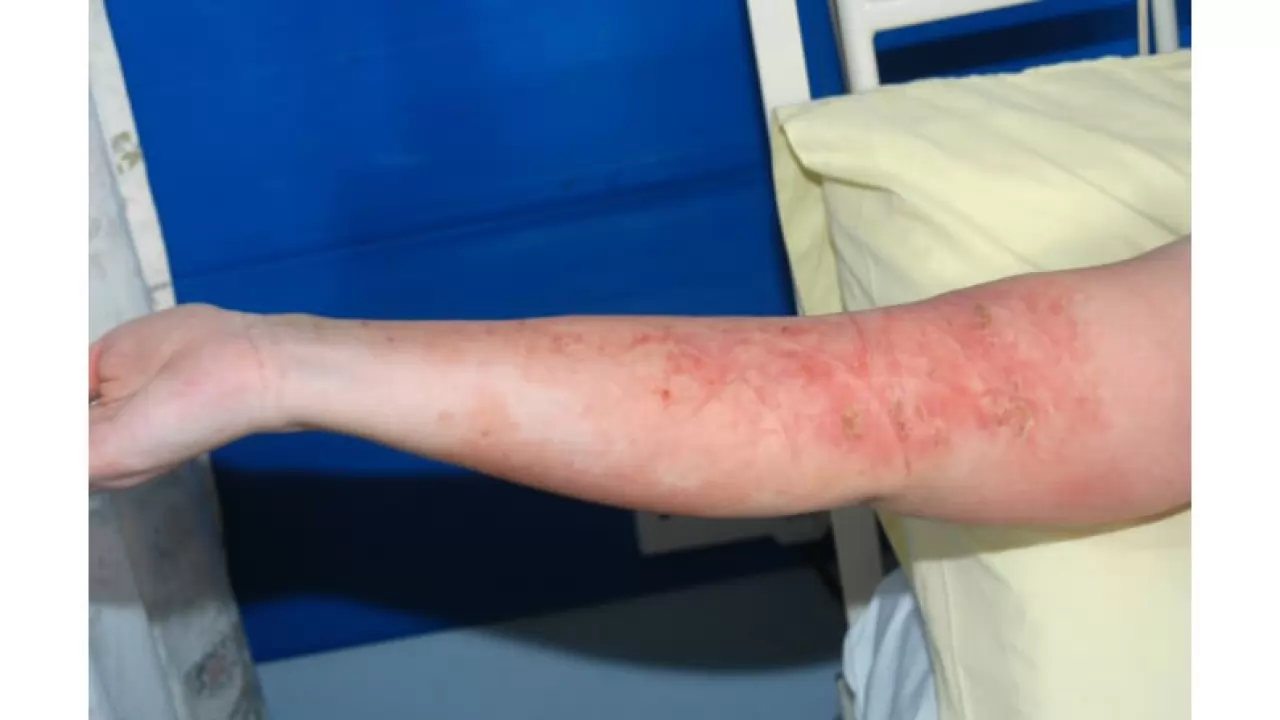
A rare and deadly "flesh-eating bacteria" known to kill within 48 hours has seen a significant increase in Japan, Bloomberg reported on Saturday. By June 2, the country recorded 977 cases of streptococcal toxic shock syndrome (STSS).
This year's cases have surpassed the previous record of 941 cases reported for all of last year, as tracked by the National Institute of Infectious Diseases since 1999. Group A Streptococcus (GAS), the bacterium responsible for STSS, typically causes swelling and sore throat. However, in severe instances, it can rapidly lead to limb pain and swelling, fever, low blood pressure, necrosis, breathing issues, organ failure, and death.
“Most of the deaths happen within 48 hours,” stated Ken Kikuchi, an infectious disease professor at Tokyo Women’s Medical University, in an interview with Bloomberg. "As soon as a patient notices swelling in the foot in the morning, it can expand to the knee by noon, and they can die within 48 hours.”
Kikuchi warned that at the current rate, Japan could see up to 2,500 cases this year, with a “terrifying” mortality rate of 30%. He emphasized the importance of hand hygiene and proper treatment of open wounds to prevent infection.
According to the US CDC, while anyone can contract STSS, it is most prevalent among older adults, particularly those 65 and older. The CDC also noted that individuals with open wounds, diabetes, or alcohol use disorder are at a heightened risk.
Beyond Japan, several countries have reported outbreaks of STSS. In late 2022, at least five European nations informed the World Health Organization of a rise in invasive group A streptococcus (iGAS) diseases, including STSS. The WHO attributed the increase in cases to the lifting of Covid restrictions.





Copyright © 2025 Top Indian News
